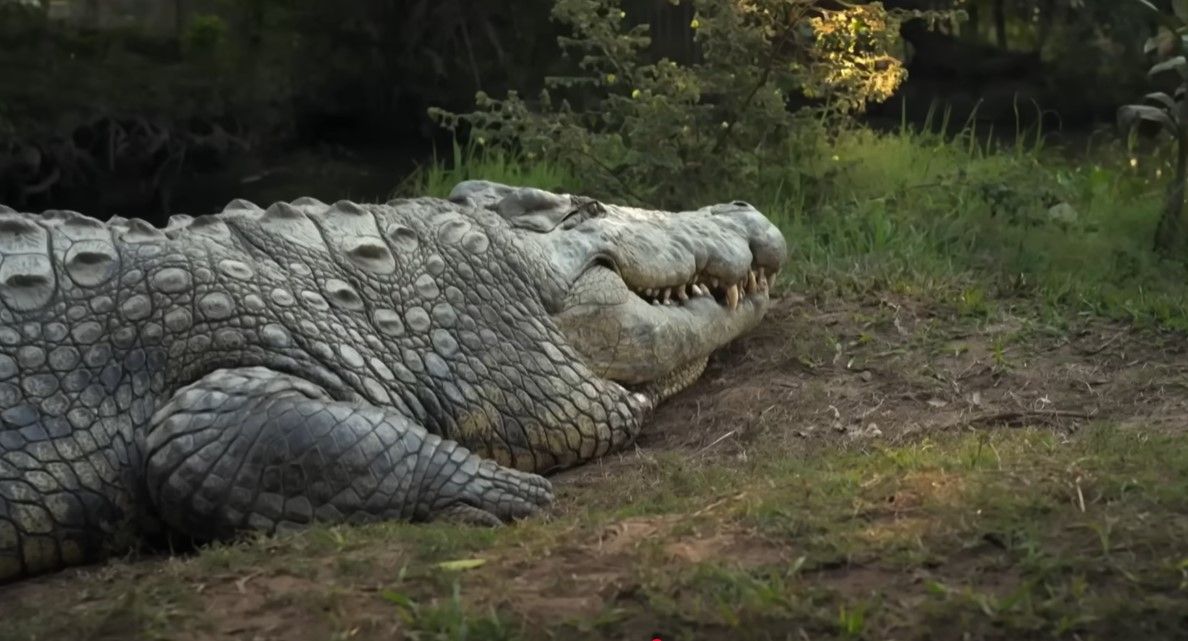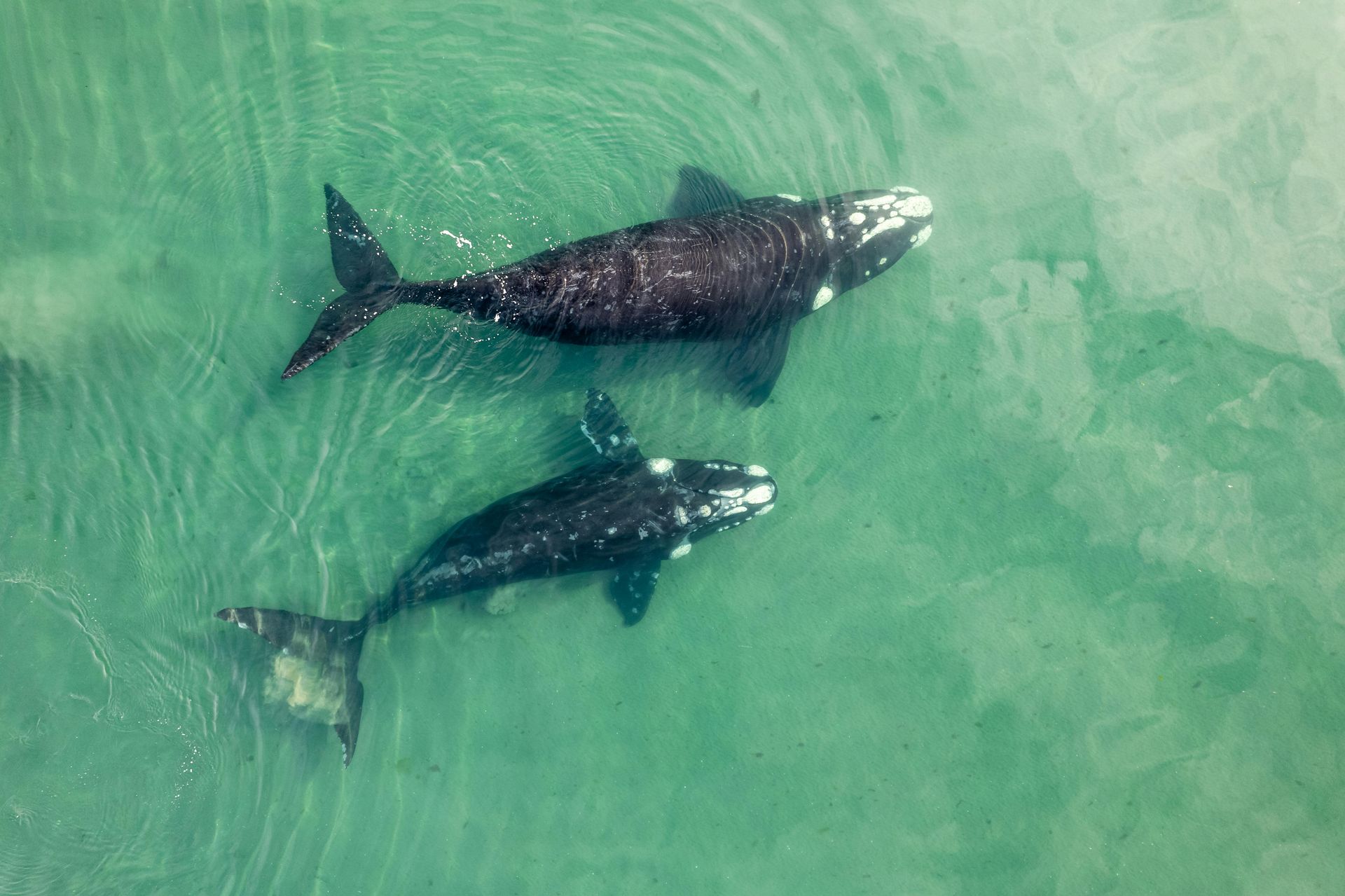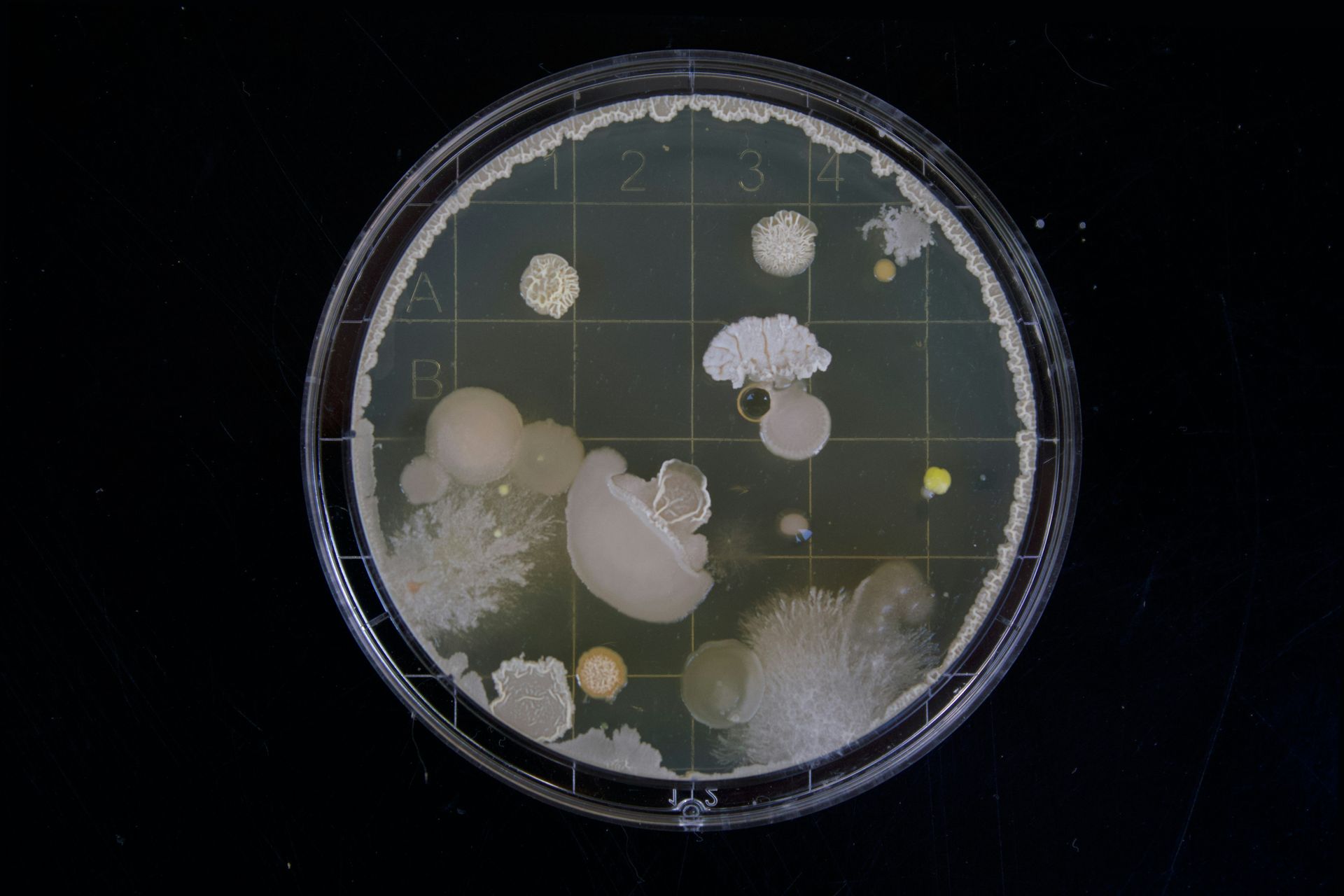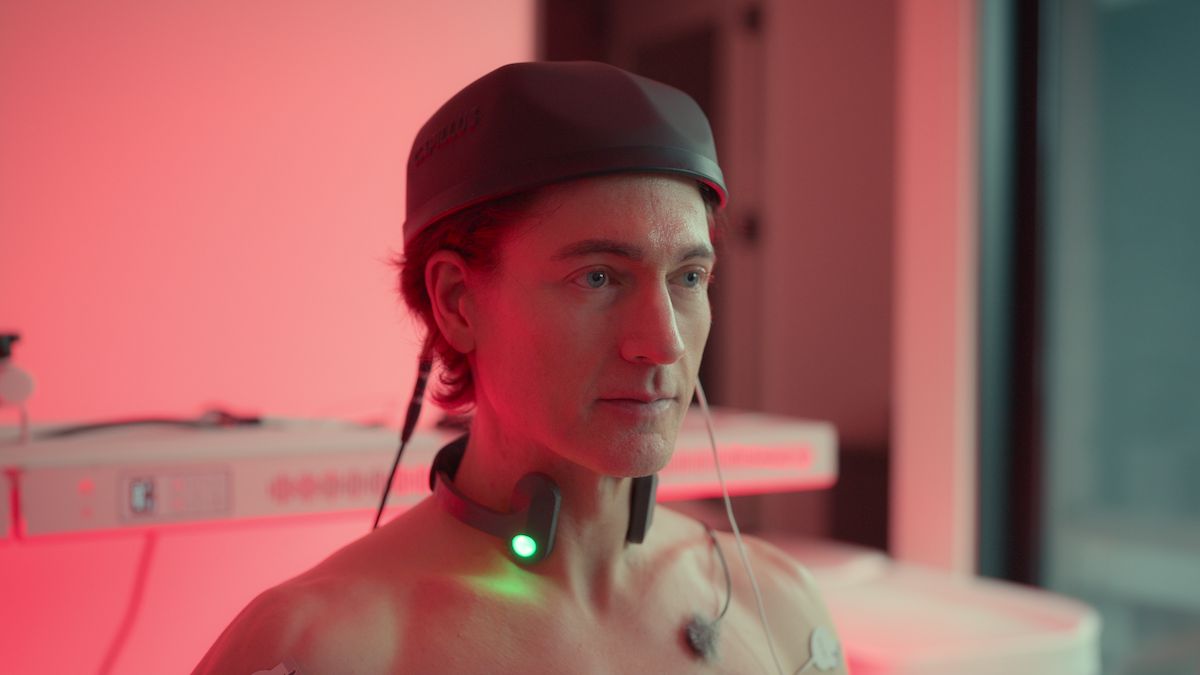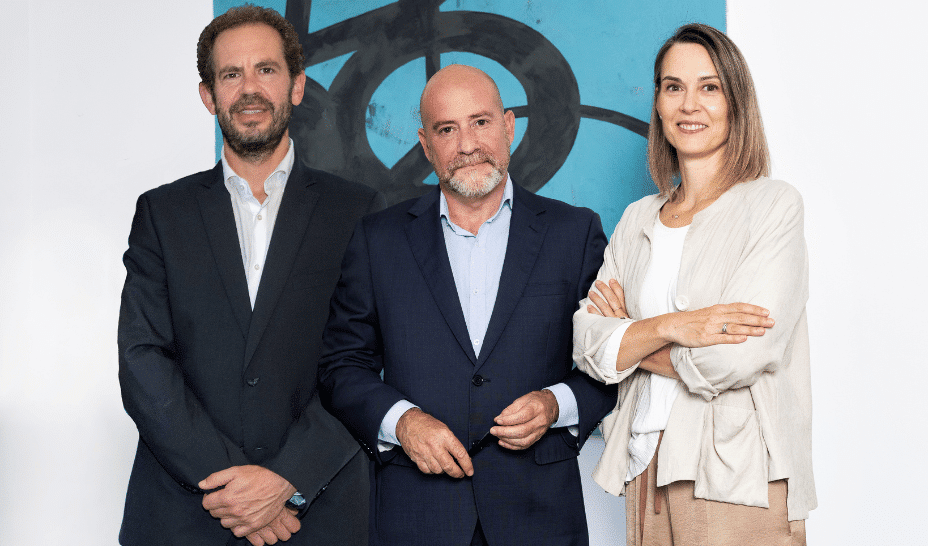Henry, the world’s oldest known crocodile, celebrated his astonishing 124th birthday on December 16, 2024, at the Crocworld Conservation Centre in South Africa. His remarkable lifespan and sustained vitality challenge conventional notions of aging, making him a symbol of resilience and biological intrigue.
Henry’s Lifelong Vitality
Born in the Okavango Delta in 1900 and captured in 1903, Henry has lived at Crocworld since 1985. Measuring 16.4 feet (5 meters) and weighing 1,540 pounds (700 kg), his size and slow metabolism exemplify how crocodiles conserve energy to thrive in challenging conditions.
Henry has fathered over 10,000 offspring, showcasing his enduring reproductive health. Experts suggest his longevity stems from a combination of stable living conditions, a diet free from shortages, and protection from natural predators or territorial conflicts.
Crocodiles like Henry rely on external heat sources for energy, slowing down the aging of their tissues. Additionally, studies have shown that reptiles in optimal environments experience minimal muscle and bone deterioration, as well as sustained immune response.
The Science Behind Crocodile Longevity
Research reveals that crocodile blood contains antibacterial proteins that accelerate healing and prevent infections. When exposed to bacteria, their immune systems produce white blood cells at an impressive rate, enabling swift recovery even in microbial-rich environments.
Crocodiles also host a robust gut microbiome, which supports immunity and may play a role in their exceptional resilience. These insights have inspired ongoing research into their genes and microbial interactions, aiming to develop treatments for antibiotic-resistant infections and inflammatory diseases in humans.
Lessons from Crocodiles for Humans and Nature
Crocodilians have survived mass extinctions and dramatic climate shifts over millions of years, highlighting their adaptability. Henry’s longevity underscores the value of studying these animals to uncover pathways to improve health and extend lifespans, both in humans and wildlife.
Conservation efforts are critical to preserving older animals like Henry, whose unique genetics offer irreplaceable insights. By fostering coexistence between humans and reptiles, facilities like Crocworld not only protect biodiversity but also pave the way for innovations that could transform healthcare.
Henry’s story encourages broader awareness of reptile welfare and emphasizes the interconnectedness of ecosystems, inspiring both scientific exploration and community engagement. Through his remarkable journey, we are reminded of nature’s ability to unlock new possibilities for aging and health.
